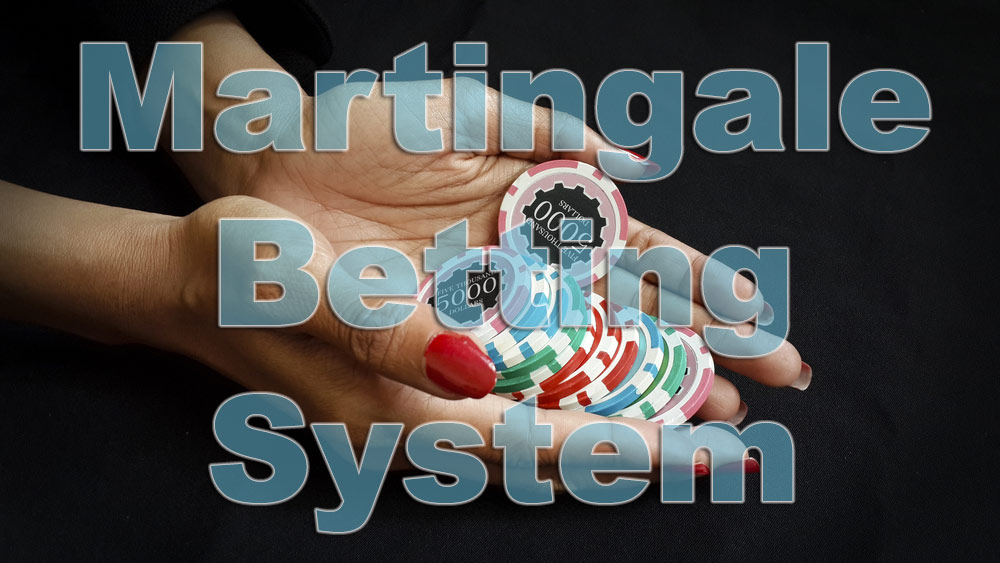Martingale system is one of the most popular money management systems for casinos and it has lasted for years. Read through to understand the martingale betting system, pros and cons.
Martingale betting system explained
The martingale betting system is on the of the oldest betting strategies for casino players. This system dates back to the 18th century when gambling meccas were spreading across Europe.
Martingale is simply a betting system where you double up after every loss. However, after winning, a player must bet the same stake.
For example: You bet £2, you win and bet £2 again. If you lose, you are supposed to bet £4. If you bet and lose again, you will bet £8.
Does the Martingale work?
We owe London-casino owner, John Martindale, for making this betting strategy famous. John Martindale believed that the casino’s house edge was superior to the players’ pursuits to win. He, therefore, encouraged players to double up their bets, so as to recover all their losses with one round.
Over the years, Martingale has proved to be a successful betting system for Sir Charles Wells who managed to apply the system to Roulette. He is famously known for breaking the bank 12 times, using this strategy. He won 1 million francs from an initial stake of 4000 francs within 3 days. He is usually referred to as ‘the man who broke the bank at Monte Carlo.’
Why should you use the Martingale system?
The martingale system comes with its own special advantages. Here are reasons why you should apply the martingale system in online gambling.
- If you consistently double your bets every time you lose, you will eventually win back all the money that you lost and improve your net wins simultaneously.
- It is a working strategy for short-term betting. The martingale is convenient when you are planning to play for only a few hours.
- For the pro players, this betting system can significantly increase your bet and net wins.
- It is the best betting system to use for recouping losses if you are a beginner or just understanding a game.
The principles of the Martingale system
Just like many betting systems out there, the Martingale embeds the Gambler’s fallacy. The fallacy is the assumption that an event is more likely to happen if it has not occurred for a while.
Since this system is all about chasing losses, it falls under ‘negative progressive betting.’
How do I use the Martingale system?
Even if you are a beginner, you will be glad to know that the Martingale system is simple and easy to follow.
Just double your bet when you lose and place the same bet when you win.
Applying Martingale on Roulette
Assuming you have chosen a game of roulette with a minimum bet of £20 and you have £1000 to use.
As the game starts, you place your £10 chip for ‘Red.’ If the dealer spins the wheel and it lands on ‘Black’ you lose £10. Therefore for the next round, you will bet £20. If you lose again, your net losses will be £30. In this case, your next bet will be £40. If you win, you will cover your £30 loss and have extra £10.
Does the Martingale system change the odds?
Many Uk online casino players believe that using a betting system will better your odds of winning. Attempting to beat the house edge using Martingale will not work. While prolonged winning 0or losing streaks are rare, they can still happen. This can lead you to either limit your bankroll or run up against the house limits.
What are the risks involved with the martingale system?
Even the most popular strategy has its flaws. If you lose enough times in a row, you will eventually deplete your bankroll. Therefore, while the martingale can work in short-term games, the longer you play, the higher the risks.
Play without going above your betting limits.
Applying Martingale on different casino games
Apply the martingale system on casino games like craps, which have a lower house edge. The standard house edge for American roulette is about 5.3%. If you want to use the martingale on blackjack, you will require a bankroll 4 times as large as normal. Baccarat has a 1.06% house edge and thus a good game to apply martingale.
